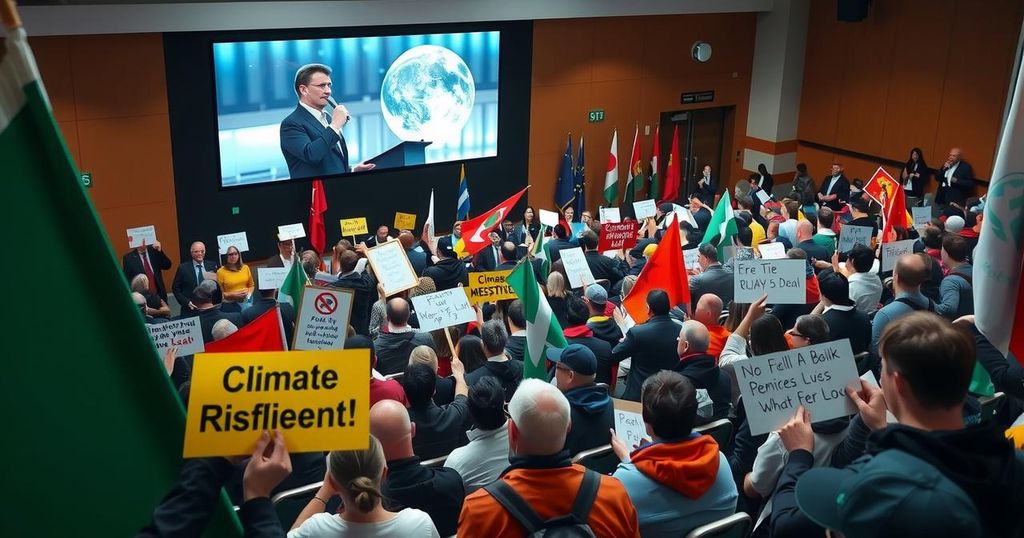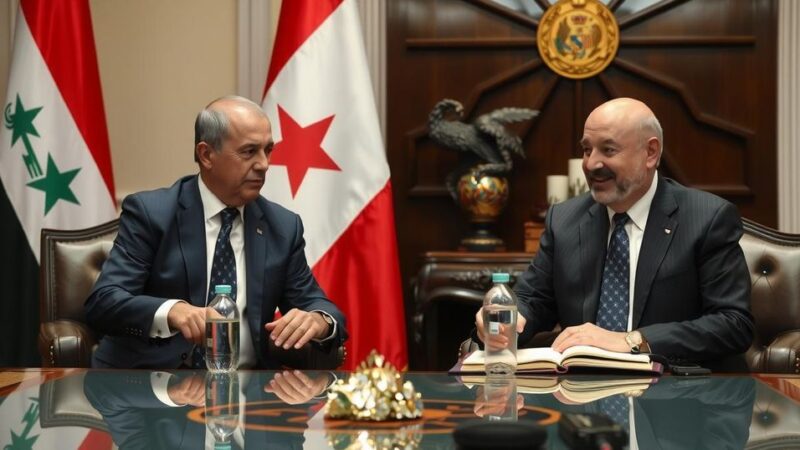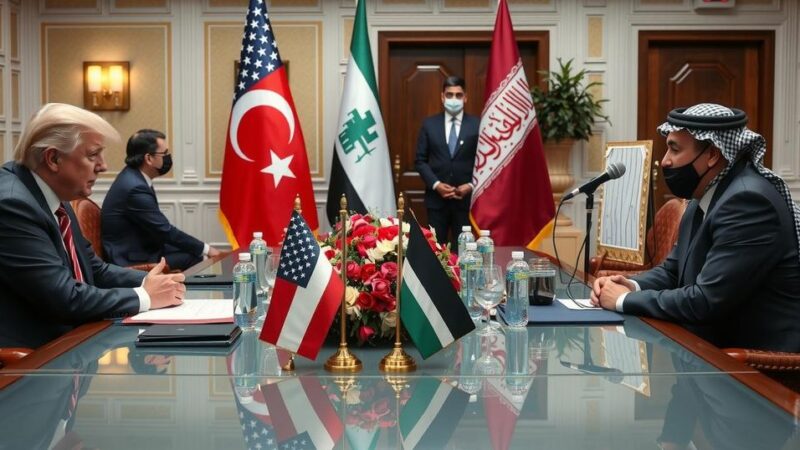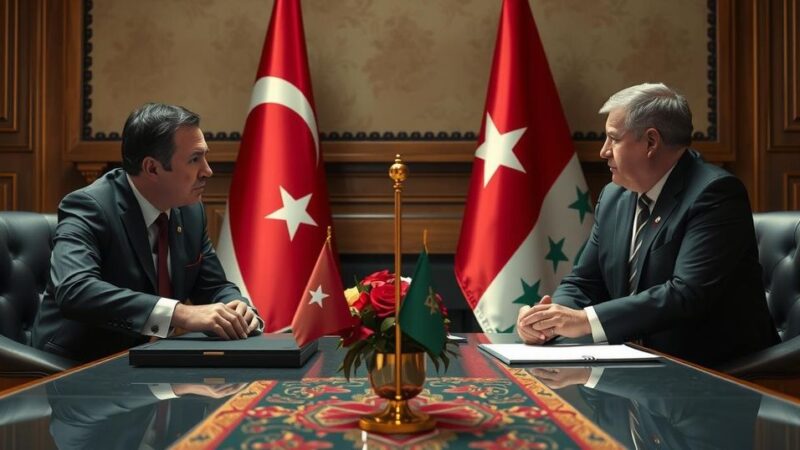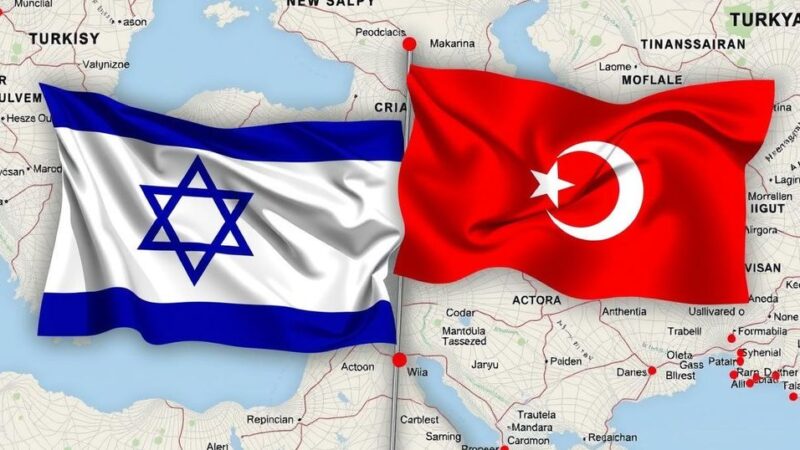The COP29 summit resulted in a $300 billion annual financing agreement for climate change support, criticized by developing nations as inadequate. UN Secretary General Guterres highlighted the need for stronger commitments. Incoming U.S. President Trump’s election raises doubts about U.S. contributions to climate finance, complicating international cooperation on climate action amidst worsening global climate conditions.
At the COP29 summit held in Baku, delegates adopted a $300 billion annual global financing framework aimed at assisting developing nations in addressing the impacts of climate change. However, this agreement faced significant criticism from its intended beneficiaries, who deem it inadequate. UN Secretary General Antonio Guterres expressed disappointment, stating, “I had hoped for a more ambitious outcome… But this agreement provides a base on which to build.” Meanwhile, incoming U.S. President Donald Trump’s election raises concerns regarding U.S. contributions to climate finance, as he has previously labeled climate change a “hoax” and pledged to withdraw from global climate agreements.
As discussions around climate financing transpire, the urgency cannot be overstated; 2023 is predicted to be the hottest year on record, exacerbating climate disasters such as flooding in Africa and severe droughts in South America. Developed nations are also experiencing extreme weather, as evidenced by devastating floods in Spain that resulted in over 200 fatalities. These events highlight the escalating reality of climate change, calling for immediate and robust action in support of vulnerable nations.
The outcome of COP29 reflects a tension between the ambitions of the United Nations and the political climate in participant countries. With Western governments focusing on pressing geopolitical issues, the diminishing attention to climate change raises the stakes for future negotiations and effective implementation of agreements. Overall, despite the adoption of a financial target, the path forward remains unclear, particularly with the incoming U.S. administration signaling a potential retreat from global climate cooperation.
The COP29 summit brought global leaders together to address the escalating climate crisis, which is anticipated to peak dramatically in 2023 due to record temperatures. The negotiations focused on financing mechanisms for developing nations that will be increasingly affected by climate-induced disasters such as floods and droughts. The summit’s outcomes are crucial, given the current geopolitical landscape that pressures governments to prioritize other immediate global concerns, potentially sidelining climate action. The contrasting views on climate change, especially with the anticipated changes in U.S. leadership, introduce further challenges to achieving collective climate goals.
In summary, the COP29 summit resulted in the establishment of a $300 billion annual climate financing target, which has been met with criticism for its inadequacy, particularly from developing nations. The political landscape, especially with the incoming U.S. administration under Trump, raises uncertainties about future contributions to international climate efforts. With growing climate challenges evident around the world, immediate and sustained action is critical to mitigate the impacts of climate change and support vulnerable countries effectively.
Original Source: al24news.com

